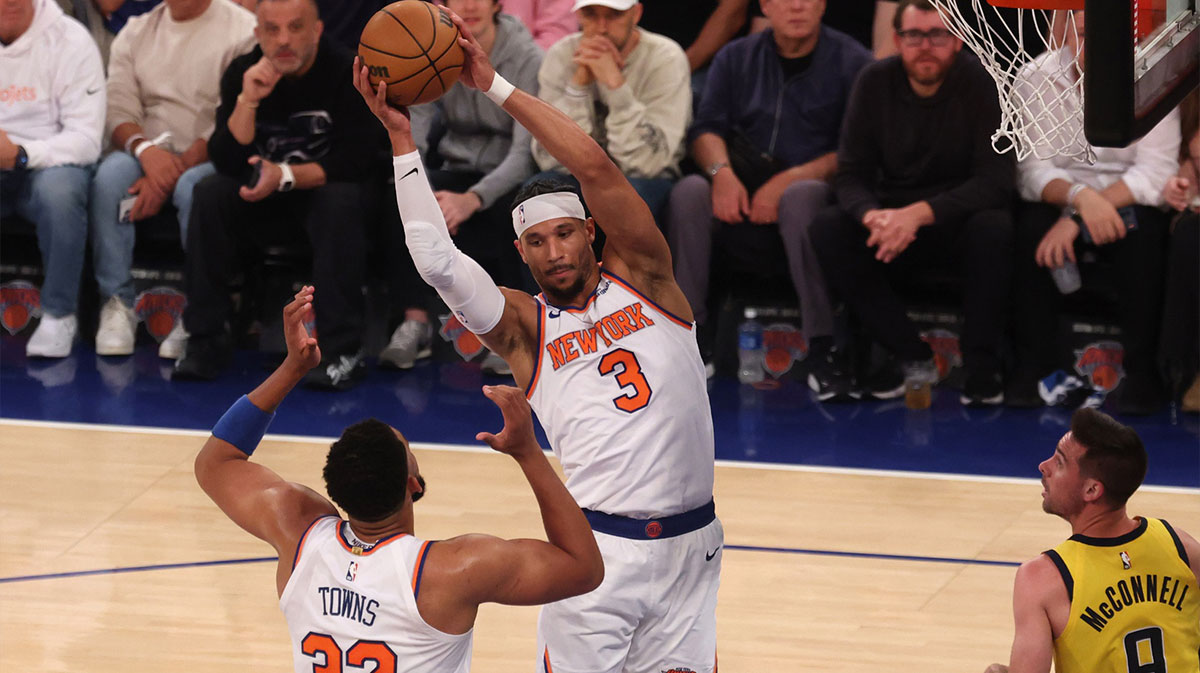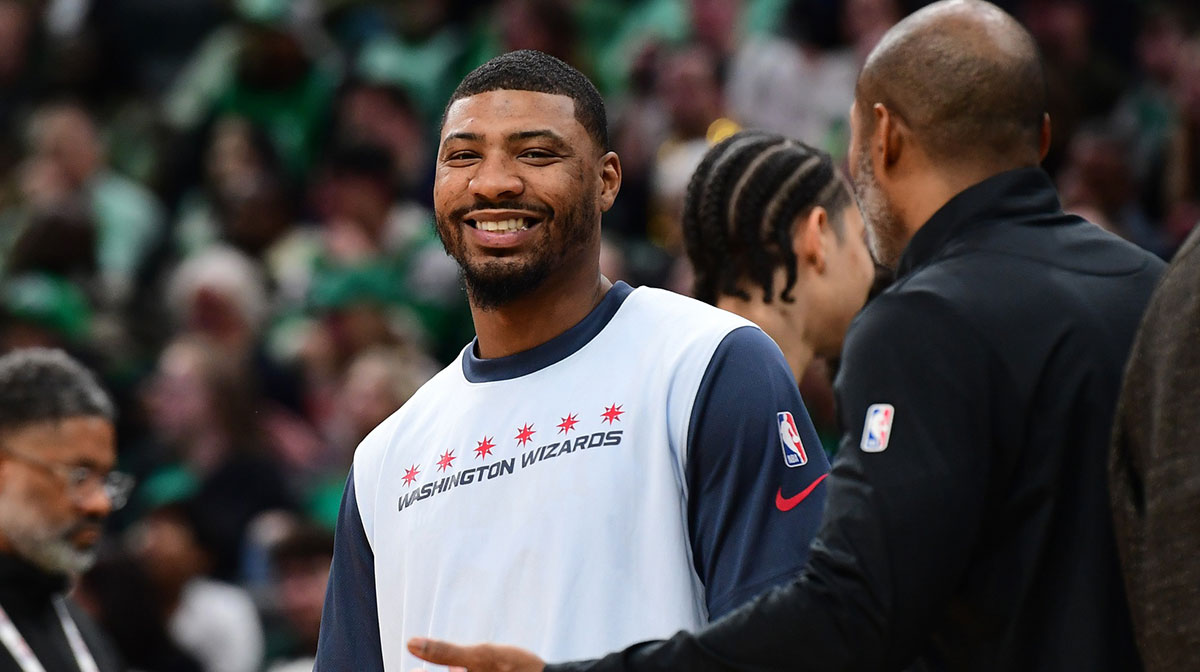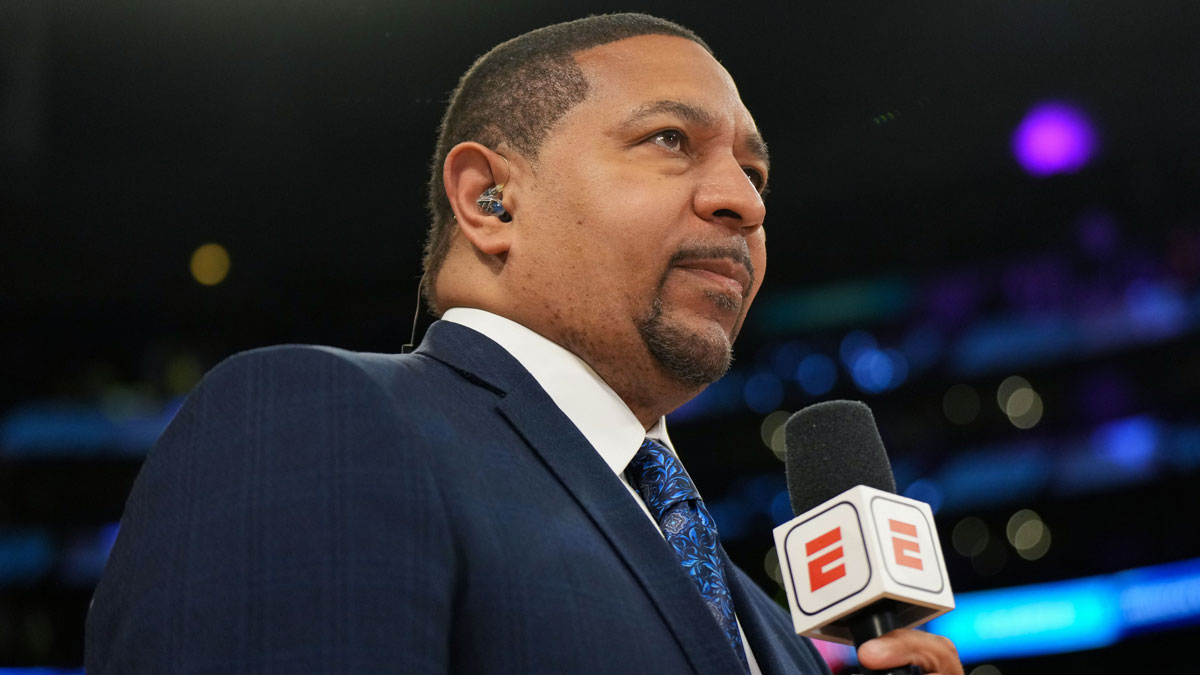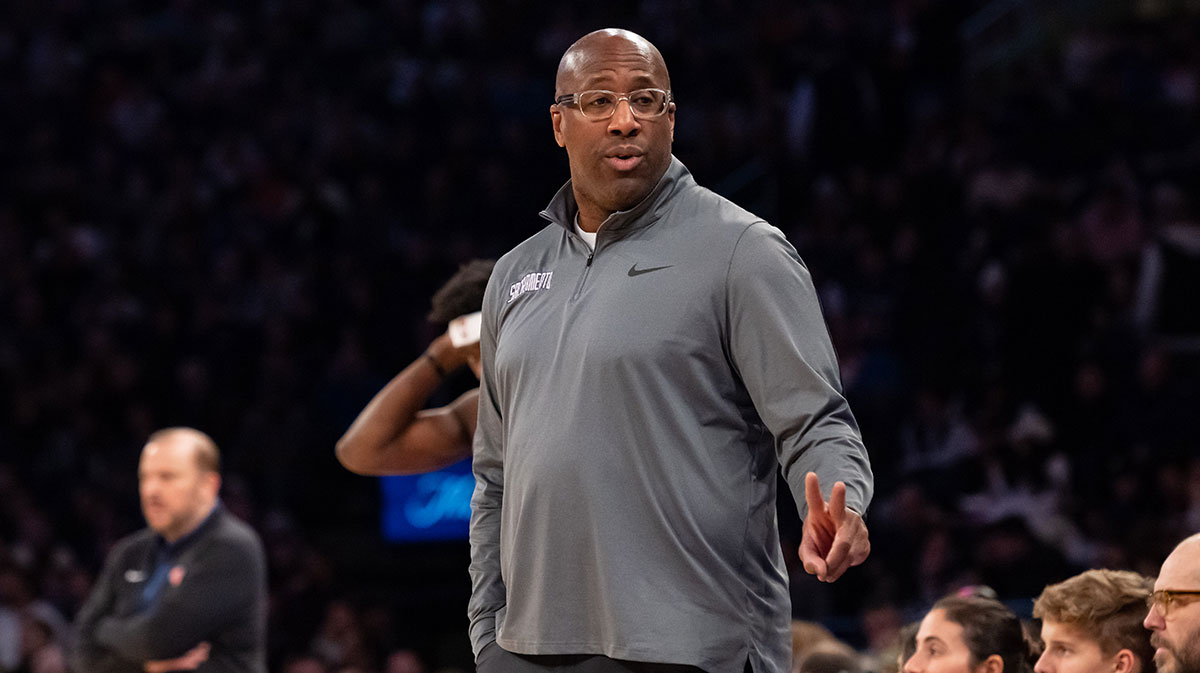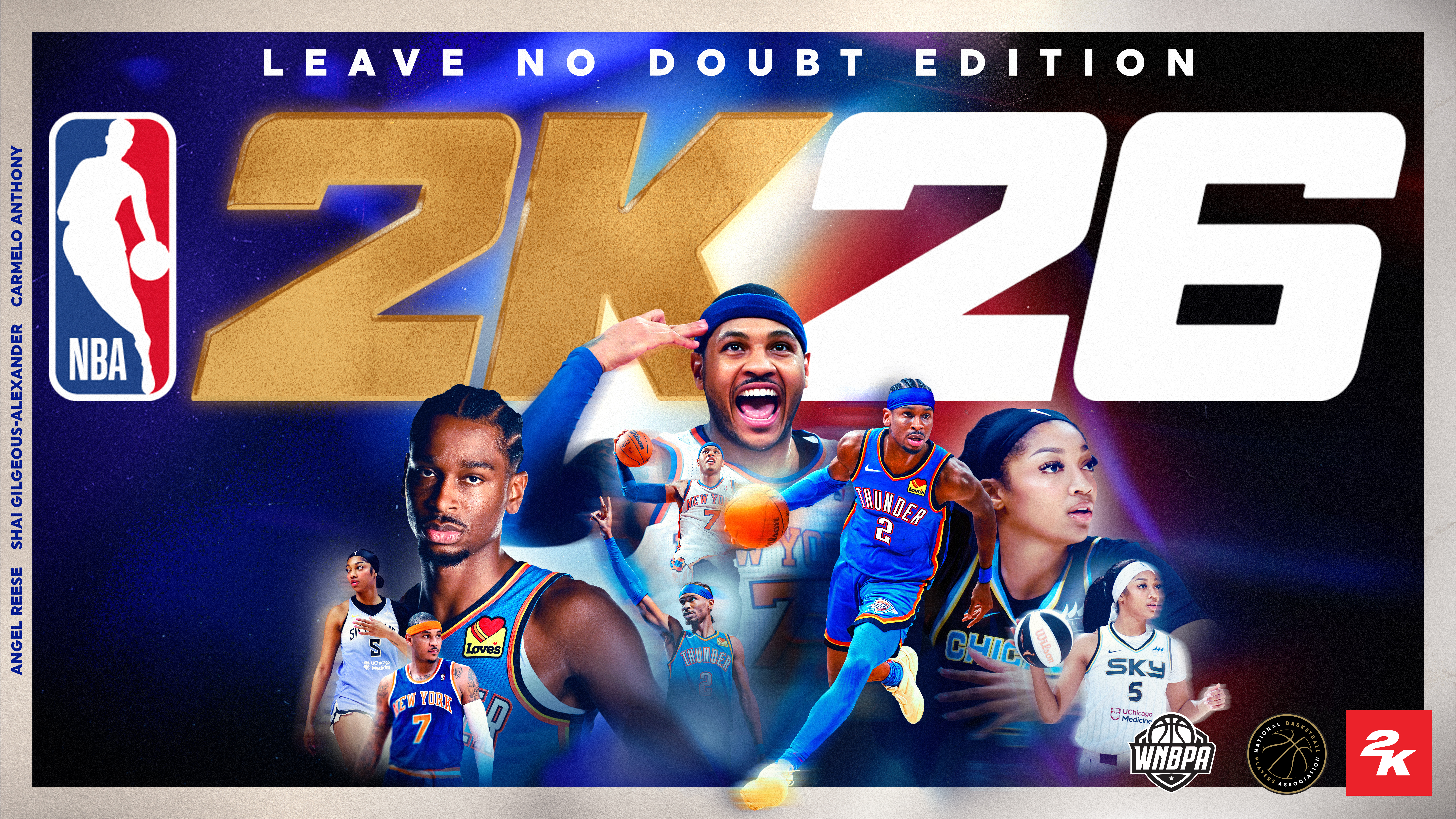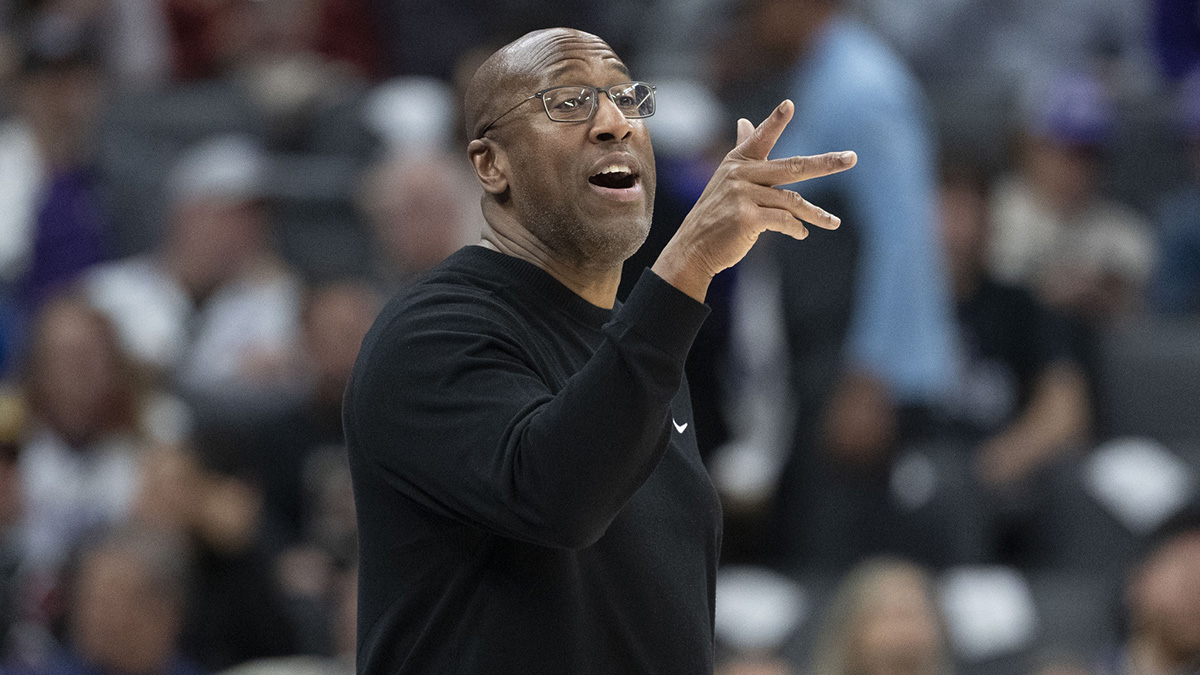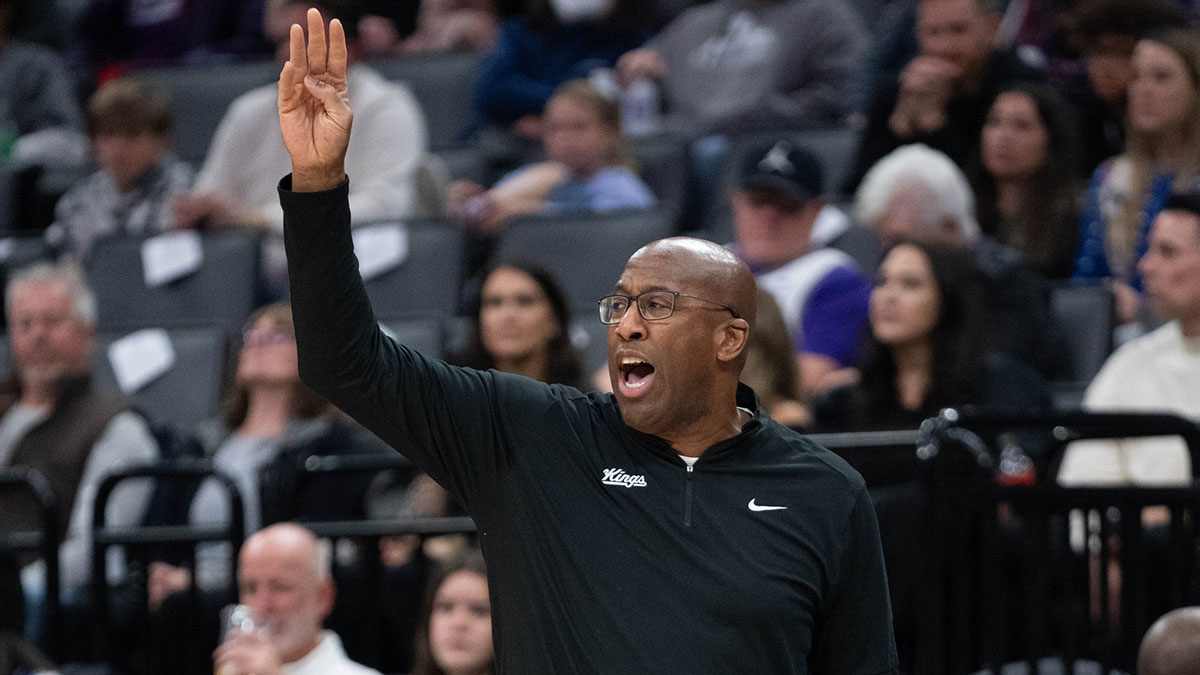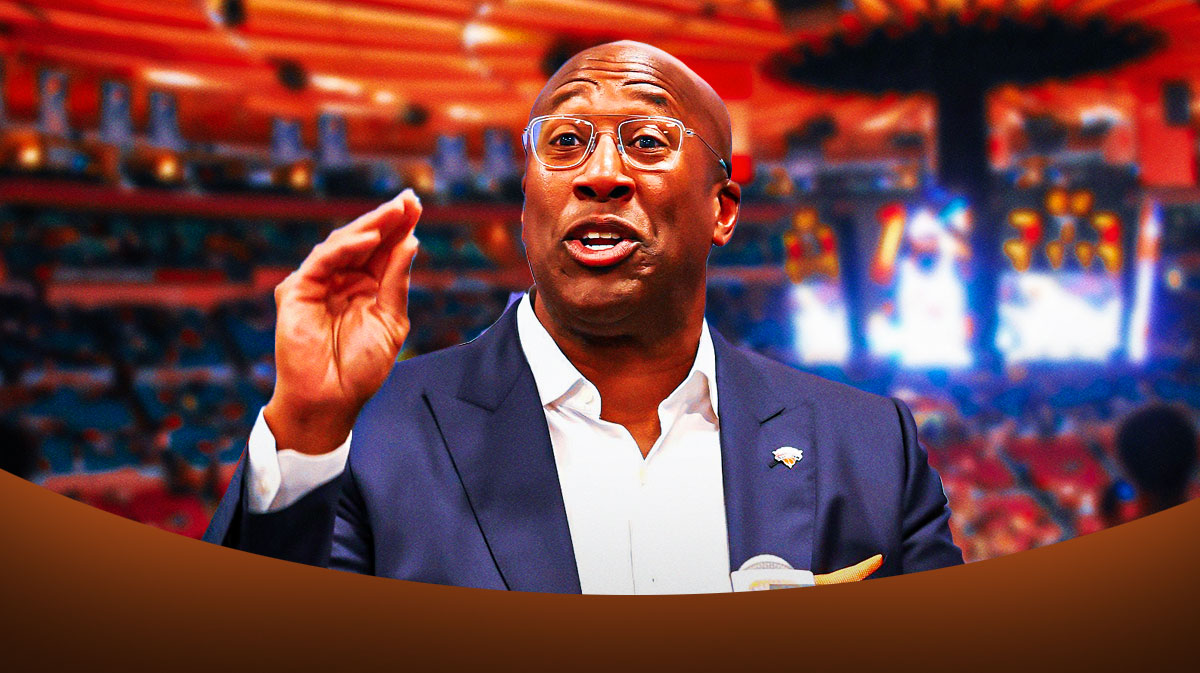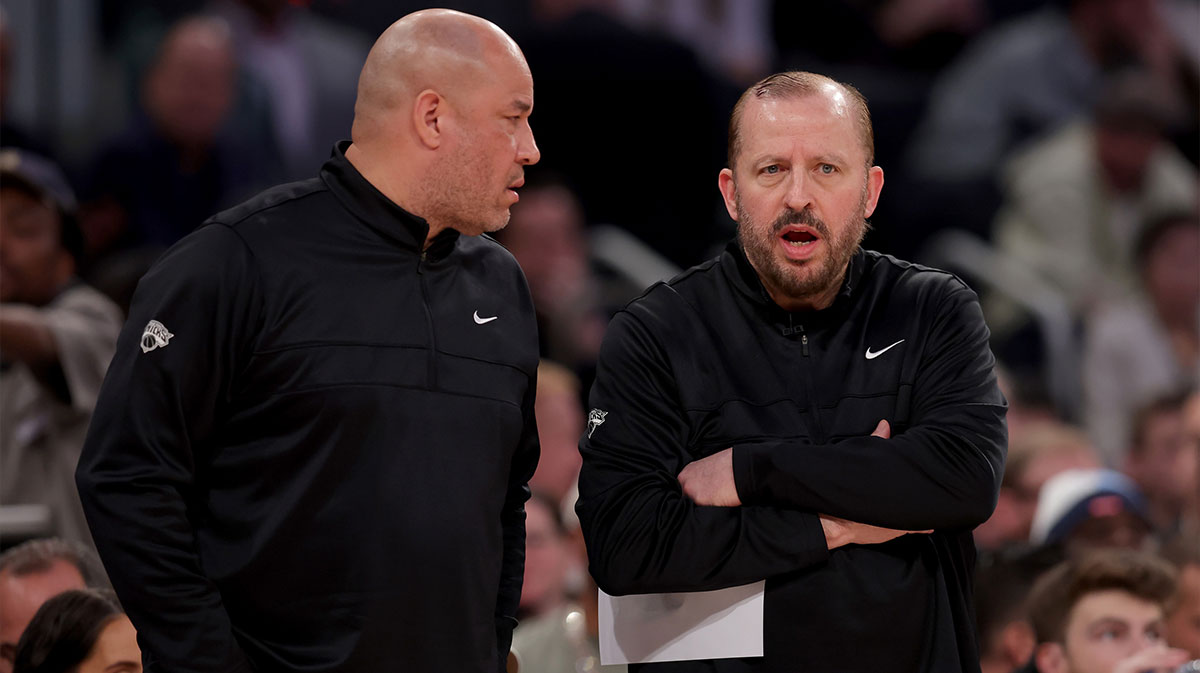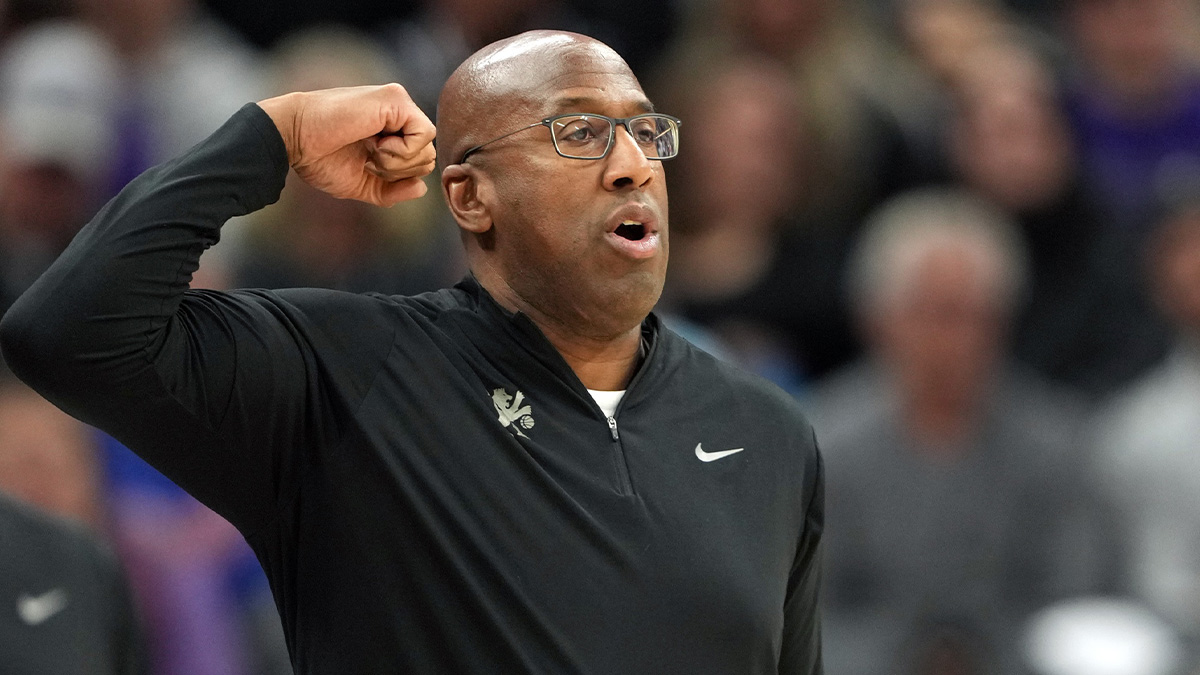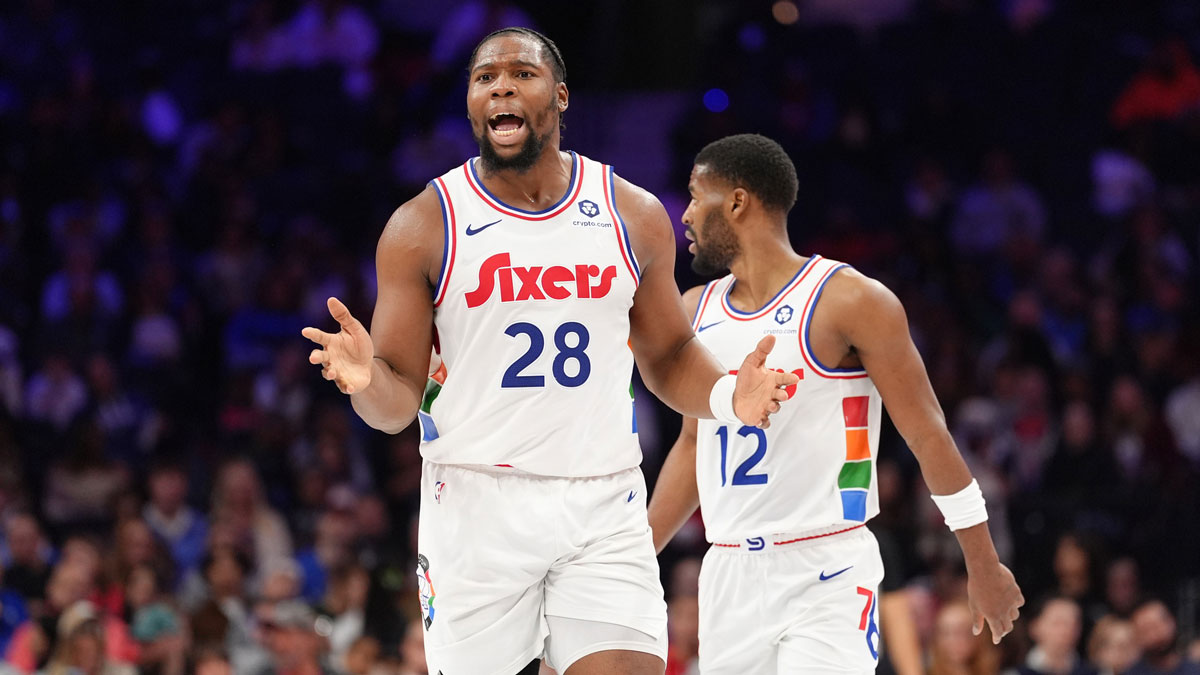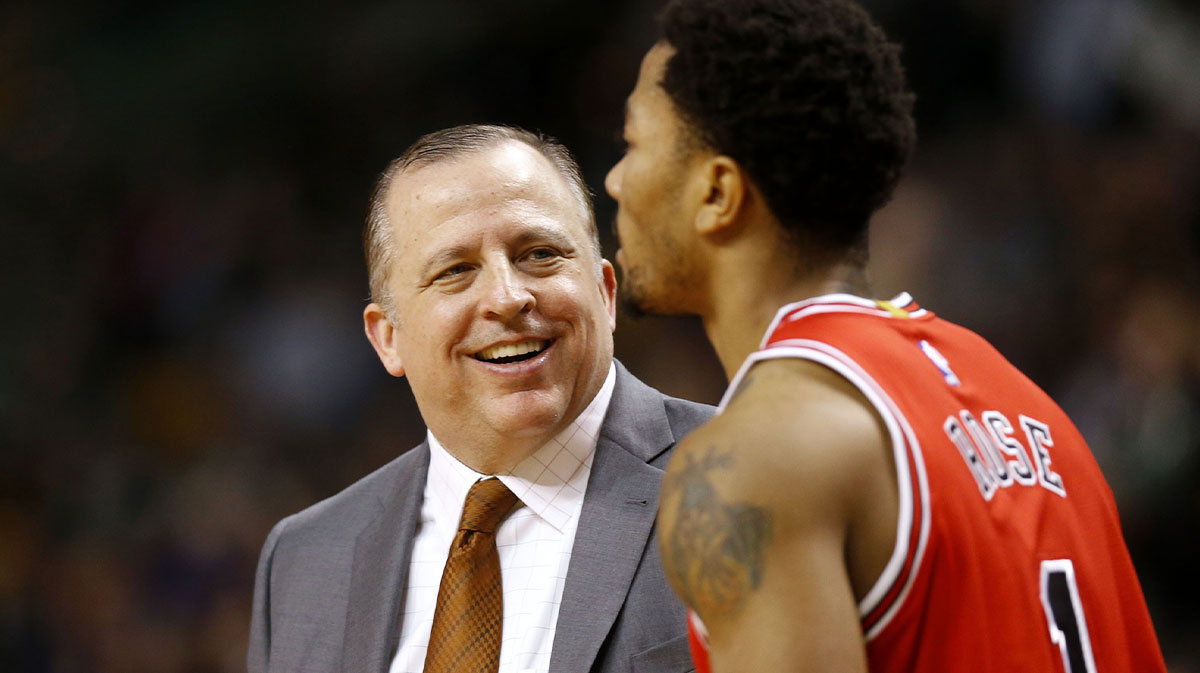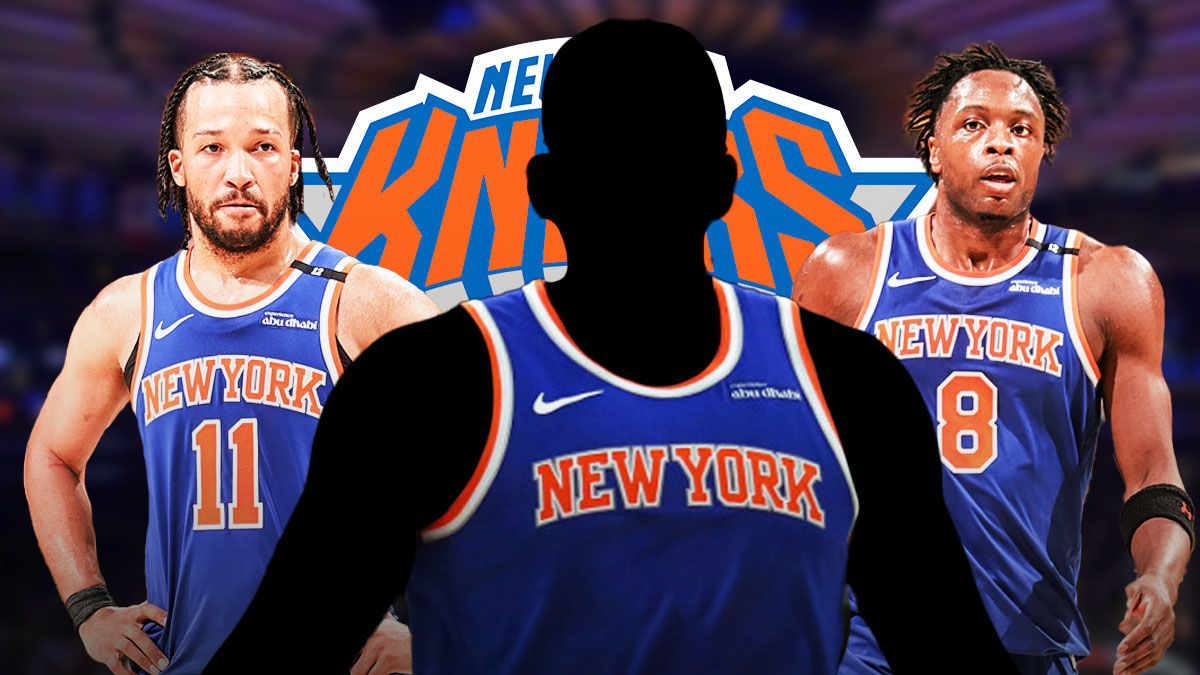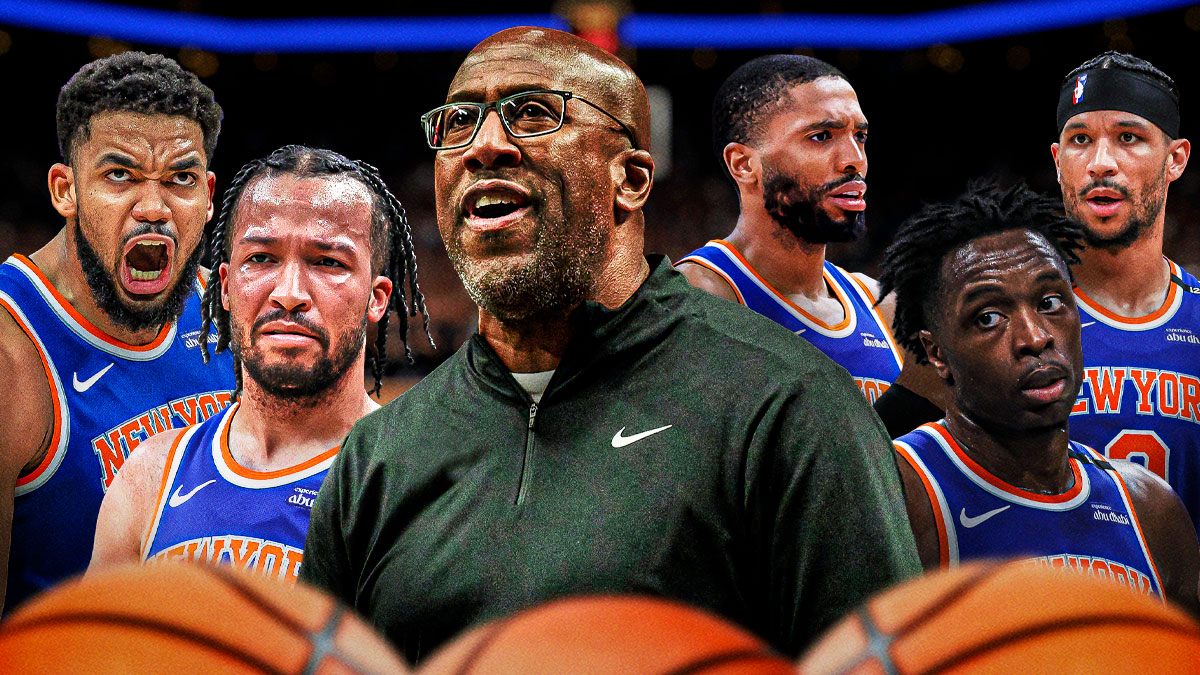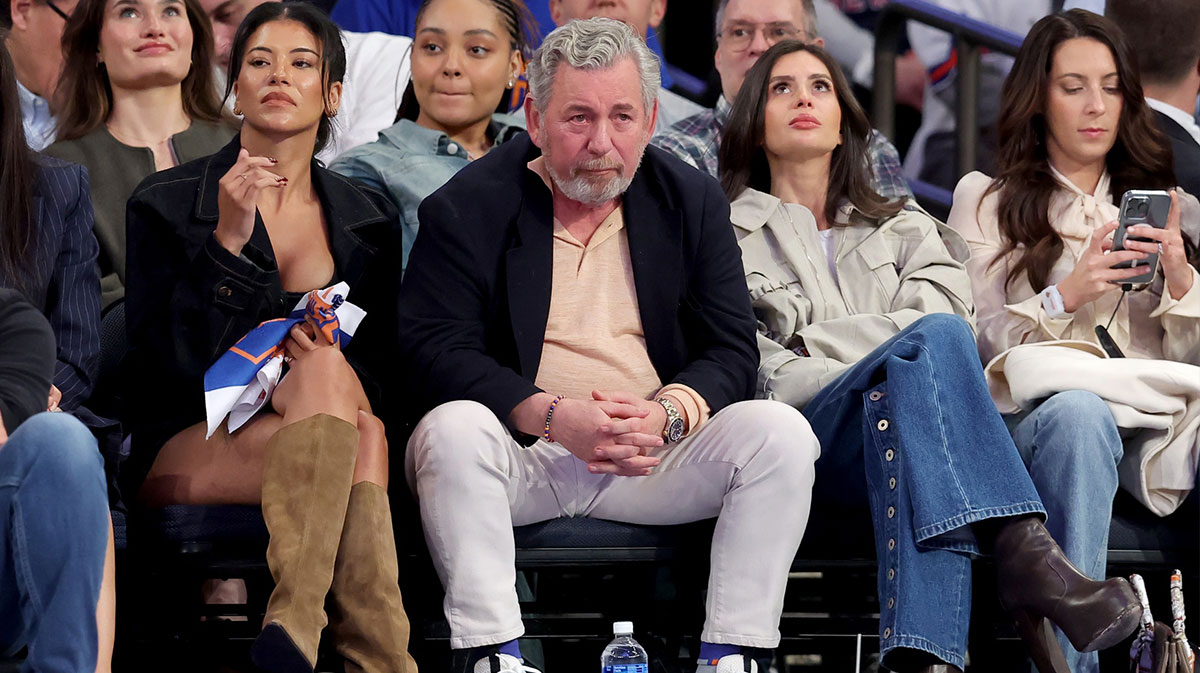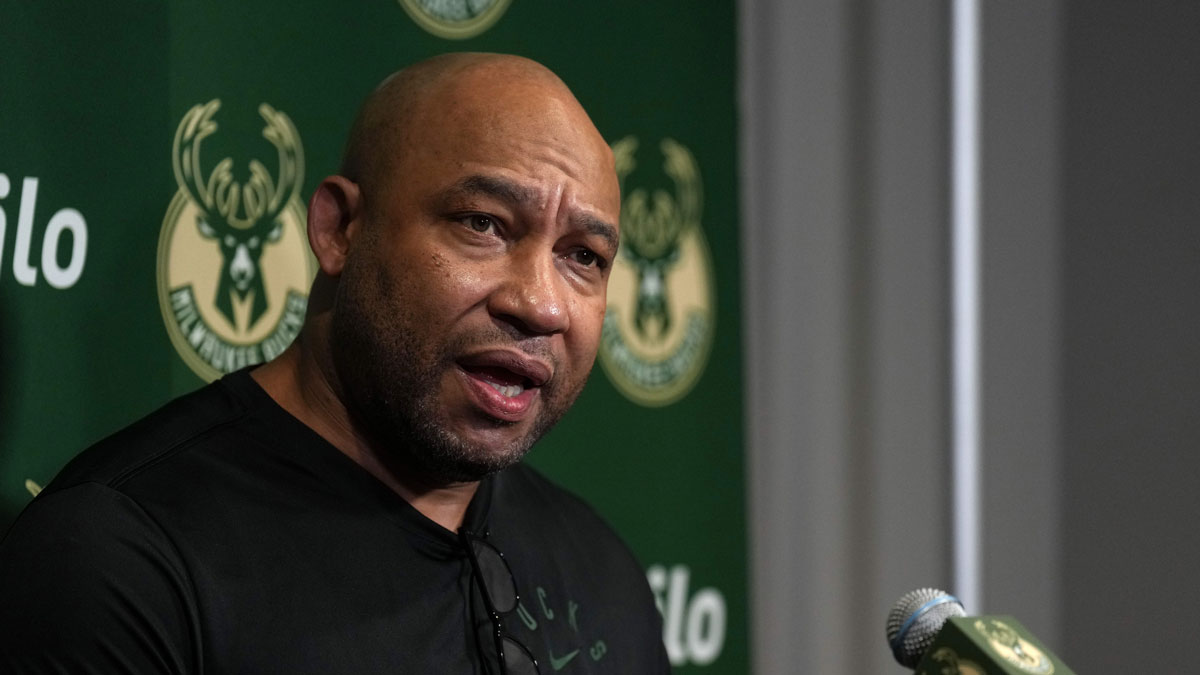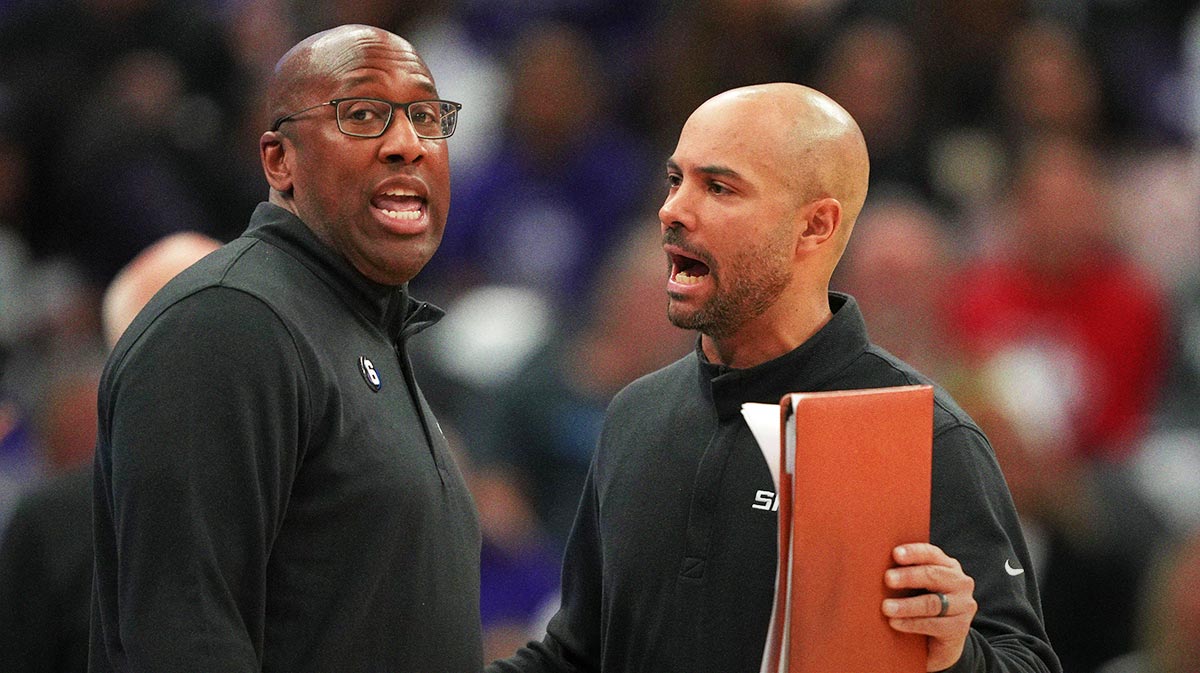By winning six titles in eight years, Michael Jordan and the Chicago Bulls cemented themselves in basketball history as one of the greatest dynasties ever.
It's interesting to wonder, though, how this dynasty could have come to an abrupt end because of a number of franchise-altering moves by Chicago's front office. Michael Jordan's first retirement in 1993 was a shocker, to say the least, and it pretty much sent the Bulls into a frenzy. After all, what do you do if your franchise player decides to hang it up right at the peak of his career? As such, they came close to a number of trade deals that would have almost certainly spelled the end for the dynasty. Below are five of them.
Pippen to the Suns
More than a few trade scenarios were floated pretty much throughout the latter part of Scottie Pippen's tenure with the Bulls. One that stood out the most was a proposed trade to the Phoenix Suns in 1995, where he would have linked up with Charles Barkley. In exchange, Chicago would have gotten Dan Majerle, a player that then-general manager Jerry Krause admired greatly.
This was Year 2 of Michael Jordan's basketball hiatus, and with the Bulls struggling, Pippen was publicly demanding for a trade. Phoenix was his preferred destination and he even laid out the trade deal himself. In the end, Chicago opted to keep Pippen on board. However, it's hard not to wonder how Jordan would have fared against a Pippen-Barkley pairing once Jordan returned a few months after this incident.
Jayson Williams to the Bulls (instead of Dennis Rodman)
The eccentric Dennis Rodman was one of the most important pieces of the second Bulls three-peat. As it turns out, however, Chicago almost never signed the former Pistons bad boy.
According to reports, Jayson Williams was the Bulls' first choice. In the summer of 1995, the 6-foot-9 big man entered free agency. However, Williams opted to re-sign with the New Jersey Nets instead of linking up with Jordan and Pippen in Chicago. The Bulls then sent Will Perdue to the San Antonio Spurs in exchange for Rodman.
Clyde Drexler to the SuperSonics
This one had nothing to do with the Bulls but would have had major implications to the championship race if it came to fruition.
No less than former Seattle SuperSonics head coach George Karl revealed years later that they almost brought the great Clyde Drexler to Seattle in 1995. This would have formed a Big 3 in Seattle with Drexler, Gary Payton, and Shawn Kemp. For some reason, however, Portland ended up sending Drexler to the Houston Rockets, where he helped the Hakeem Olajuwon-led side win the 1995 NBA title.
As for the Sonics, they faced Jordan and the Bulls in the Finals the following season. Who knows, maybe Seattle would have been able to topple Chicago with Drexler in the mix.
Pippen to the SuperSonics
Perhaps the biggest (and closest?) trade deal involving Pippen was his botched move to the Sonics in the 1994 offseason.
The Bulls were coming off a surprisingly competitive season sans MJ, but nonetheless, it appeared that the front office were not completely confident in having Pippen as their cornerstone superstar. As such, they reportedly explored sending him over to Seattle along with Will Perdue and a draft pick in exchange for Shawn Kemp, Ricky Pierce, and Seattle's draft pick in the '94 draft.
It's a good thing that this deal ultimately failed because Jordan himself admitted in ESPN's “The Last Dance” docuseries that he would have probably not made his comeback in 1995 if Pippen was out of the picture.
Jordan to the Knicks
Now we're not entirely sure how far along the Knicks got in terms of potentially bringing Jordan to The Big Apple, or whether or not the Bulls were actually going to let this happen. Nonetheless, this narrative has some basis. with several outlets reporting the story at that time.
After winning championship No. 4, Jordan entered free agency in the summer of 1996. MJ was looking for a one-year deal reportedly along the lines of $25 million, which the Bulls were somewhat hesitant to agree to. Rumor has it, Jordan's camp told the front office that they were already mulling an offer from New York, and that they had a few hours to match or better the offer. Talk about time pressure. They had some leverage, too, considering how Jordan was a good friend to Knicks superstar Patrick Ewing.
The Bulls caved and signed Jordan to a record $30 million deal for that season (in 1996!). Again, it remains uncertain how close the Knicks got to snagging Jordan, but there's no denying that this would have certainly ended the Bulls dynasty if MJ took his talents to New York.

